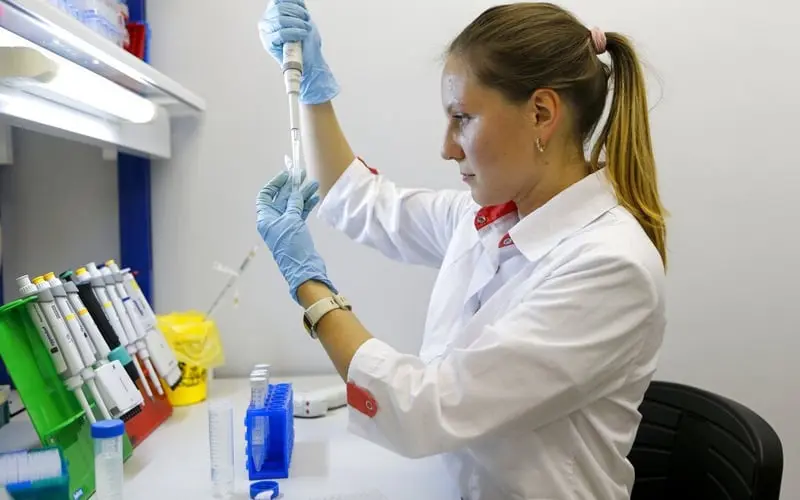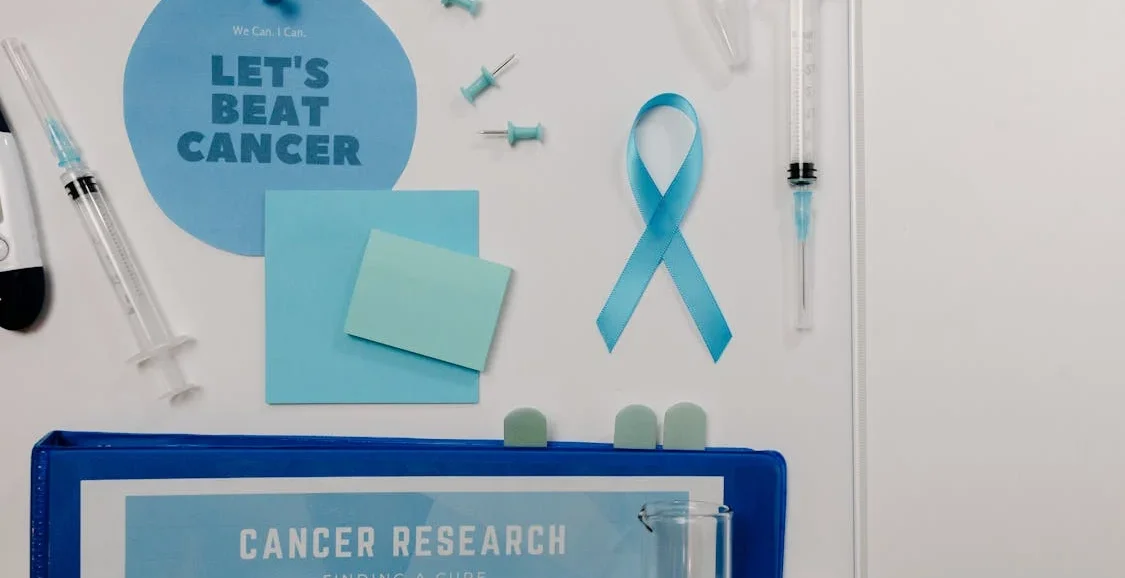I recently had a long chat with a colleague in the healthcare field, and we both couldn’t stop discussing the buzz surrounding a potential cancer vaccine being developed in Russia. It’s not every day that you hear about a vaccine aimed at fighting cancer—a disease that has touched so many lives. Yet, here in Russia, researchers are pushing the envelope, exploring ways to train the immune system to attack cancer cells. This isn’t science fiction—it’s real research that might change the face of cancer treatment.

The Idea Behind a Cancer Vaccine
Unlike traditional vaccines that prevent infectious diseases, a cancer vaccine is designed to work as a therapeutic tool. It doesn’t prevent cancer from occurring in healthy people; instead, it helps the body’s immune system recognize and combat cancer cells in patients who are already battling the disease. I remember when I first heard about the concept—it sounded almost too good to be true. But the more I learned, the more I realized its potential.
There are a couple of approaches that researchers are exploring. One strategy involves using synthetic peptides—tiny pieces of protein that mimic parts of cancer cells. When these peptides are introduced into the body, they essentially serve as a “wanted poster,” alerting the immune system to target and destroy any cells that bear the same markers. Another approach is even more personalized: using a patient’s own tumor cells to create a vaccine that’s uniquely tailored to their specific type of cancer. This personalized method could mean a more targeted, effective treatment, and it’s an area where Russian scientists are really making strides.
Promising Early Results
I spoke with Dr. Elena Petrov, a researcher at one of Russia’s leading medical institutions, who shared some encouraging news. “We’re still in the early stages, but every small success is a step in the right direction,” she told me. In small-scale clinical trials, patients receiving these experimental vaccines have shown signs of a boosted immune response, with some even experiencing reductions in tumor size. Although it’s too early to call it a cure, these initial findings offer hope—hope for a future where cancer might be managed in a much less invasive way.
One patient, who preferred to stay anonymous, described his experience in the trial. He mentioned that while the vaccine didn’t eradicate his cancer entirely, it significantly slowed its progression and improved his quality of life. Hearing his story was both inspiring and sobering—it reminded me that progress in medical research is often measured in small, meaningful steps rather than giant leaps.
The Road Ahead: Challenges and Hurdles
Of course, the journey from experimental treatment to a widely available cancer vaccine is not without obstacles. I was struck by the number of challenges that researchers must overcome. For one, extensive clinical trials are needed to ensure the vaccine is both safe and effective. These trials take years, and the process can be painstakingly slow.
Another concern is data—lots of data. With personalized vaccines, there’s a need to collect and analyze vast amounts of patient-specific information to ensure that the vaccine triggers the desired immune response. This brings up the critical issue of data privacy. Ensuring that all sensitive patient data is securely stored and handled is paramount, and it’s something that researchers and regulators are taking very seriously.
There’s also the matter of scaling up production. Even if early trials prove successful, manufacturing these vaccines on a large scale and making them affordable for everyone will be a significant challenge. I can’t help but think of the logistical issues involved and the dedication required to turn promising research into a treatment that can reach millions.
A Global Movement
You know, it’s amazing to see that the race to develop a cancer vaccine isn’t just happening in one corner of the world. Scientists from the US, Europe, and Asia are all working on similar ideas. What really caught my attention is how the Russian teams are approaching it. They’re not simply trying to create a one-size-fits-all vaccine—they’re diving deep into the genetic details of each patient’s tumor to develop a treatment that could be much gentler and more effective. It’s a refreshing change from the standard approach, and it seems to resonate strongly with both doctors and patients.
I’ve had the chance to talk with a few researchers and attend informal seminars where experts from different countries share their progress and hurdles. What struck me most was how openly they exchange ideas, which really speeds up the process of discovery. In Russia, for example, every small success is celebrated as a step forward. There’s an energy and a determination there that’s genuinely inspiring.
Now, imagine if this breakthrough becomes a reality. Think about a world where you wouldn’t have to endure the harsh side effects of chemotherapy or radiation. Instead, a personalized vaccine could teach your own body to recognize and fight off cancer cells. For someone battling advanced melanoma or prostate cancer, this could be a total game-changer. It could also shift our entire approach to cancer—making prevention possible and reducing the overall incidence of the disease.
Of course, there’s still a long road ahead. More trials, regulatory hurdles, and scaling up production remain to be tackled. But every bit of progress, every new patient story, makes the future seem a little brighter. It reminds me that, despite all the challenges, the promise of science is that each discovery brings us one step closer to a world where cancer is not a death sentence, but a manageable condition.
Conclusion :
I can’t help but feel hopeful when I think about the possibility of a cancer vaccine emerging from Russia’s labs. While there are many hurdles yet to overcome, the potential for a new, personalized approach to cancer treatment is both exciting and inspiring. For those of us who have been touched by cancer—whether personally or through a loved one—these breakthroughs represent a beacon of hope. It’s a reminder that even in the face of one of our most challenging diseases, innovation is always on the horizon.
Taking these small steps today—whether by supporting research, staying informed, or simply sharing this information—can help us all move toward a future where cancer is not the death sentence it once was. Every breakthrough, every patient’s improved quality of life, is a testament to the power of human ingenuity and compassion. Let’s keep the conversation going, support these pioneering efforts, and look forward to a day when a cancer vaccine might truly change the game for millions around the world.
References
1. “Medical Innovations in Russia: Exploring Cancer Vaccine Research,” The Times of India, January 2025.
2. “Russian Scientists Make Strides in Personalized Cancer Vaccines,” The New Indian Express, December 2024.
3. “Global Trends in Cancer Immunotherapy,” BBC Health Report, November 2024.
4. “WHO Report on Advances in Cancer Research,” World Health Organization Bulletin, October 2024.
Also Read About : Having Trouble Sleeping with Cancer? Here’s What You Need to Know
Visit Us At : https://g.co/kgs/rTqAjgt





